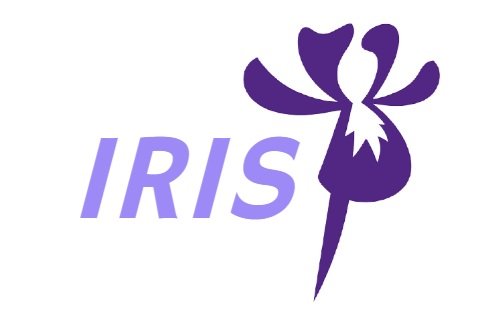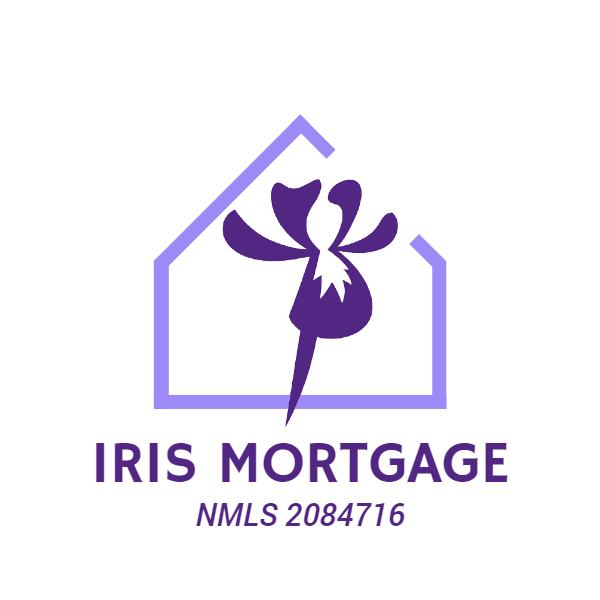Unlocking Education Savings with the 529 Plan: A Guide for Michigan Families
In today's economic landscape, saving for education is more critical than ever. With college tuitions soaring and the cost of living on the rise, Michigan families are looking for efficient ways to secure their children's future. Enter the 529 Plan – a versatile savings vehicle that offers tax advantages and flexibility for education-related expenses. At Iris Mortgage, we understand the importance of planning for your child's educational journey, and through this guide, we aim to illuminate the path for Michigan residents considering the 529 Plan in 2024.
What is a 529 Plan?
The 529 Plan is a tax-advantaged savings plan designed to encourage saving for future education costs. Named after Section 529 of the Internal Revenue Code, it offers significant tax benefits and savings options nationwide, including in Michigan. These plans can be categorized into two types: prepaid tuition plans and education savings plans. For Michigan families, the focus often lies on education savings plans due to their flexibility and growth potential.
2024 Contribution Limits for Michigan Residents
One of the first questions prospective savers ask is, "How much can I contribute?" In 2024, while the IRS does not set specific contribution limits for 529 Plans, states may have their guidelines. In Michigan, contributions to a 529 Plan can qualify for a state income tax deduction up to a certain amount, encouraging residents to save more for education. Moreover, contributions are considered gifts for tax purposes, allowing for up to $16,000 per year for individuals or $32,000 for married couples filing jointly under the annual gift tax exclusion for 2024. Importantly, there is also a provision for superfunding or front-loading, where you can make five years' worth of contributions in one year without triggering the gift tax, subject to the current exclusion limits.
For 2024, there have been several adjustments to contribution limits across various financial instruments, including retirement accounts, investment accounts, and more. Understanding these changes will be vital in making informed decisions about your financial goals and investment strategies.
Image Courtesy of Bowline Financial LLC 248-996-8456 | www.bowlinefinancial.com
The Benefits of Investing in a 529 Plan
Tax Advantages: Contributions grow tax-free, and withdrawals for qualified education expenses are also exempt from federal taxes. Michigan offers an additional state income tax deduction for contributions, making it an attractive option for residents.
Flexibility: Funds from a 529 Plan can be used at any accredited college, university, vocational school, or other post-secondary educational institutions in the U.S. and even some international institutions. This flexibility ensures that regardless of where your child chooses to study, the funds can be utilized.
Control: Account holders retain control over the funds, including deciding when withdrawals are made and for what purpose, within the guidelines for qualified educational expenses.
Permissible Expenses Under the 529 Plan
Understanding what the 529 Plan covers is crucial for maximizing its benefits. Qualified expenses extend beyond tuition to include room and board, textbooks, computers, and related technology costs, as well as fees and equipment required for enrollment or attendance. For Michigan families, this comprehensive coverage ensures that the plan can accommodate a wide range of educational needs.
Making the Most of Your 529 Plan in Michigan
To leverage the full potential of your 529 Plan, start early to maximize the benefit of compound interest. Regularly reviewing and adjusting your investment options based on market performance and your time horizon can also enhance growth potential. Additionally, Michigan residents should stay informed about state-specific benefits, such as potential matches for contributions or unique tax advantages, to further boost their savings.
Integrating Education into Your Home-Buying Decision
When purchasing a home, access to quality education is a paramount consideration for many families. Proximity to top-rated schools not only influences your child's educational journey but can also impact the long-term value of your investment. A home in a desirable school district (Novi, Troy, Northville, Okemos, Bloomfield Hills, Oakland, Birmingham, Ann Arbor, Rochester, Grosse Pointe, etc) often commands a higher resale value, reflecting the premium many buyers place on education. Therefore, integrating conversations about housing and educational expenses with a financial expert is not just beneficial; it's crucial. At Iris Mortgage, we encourage prospective homebuyers to consider how their new home's location will affect their educational savings and expenses. By consulting with our experts, families can make informed decisions that align their housing choices with their educational goals, ensuring a stable and prosperous future for their children. Engaging in these discussions early on can lead to a strategic approach, balancing the dream of homeownership with the pursuit of quality education, making it an investment in your family's future on multiple levels.
One of the benefits of a 529 Plan is the tax-free earnings that grow over a period of time. So, you should consider saving early, taking into account your financial situation and other goals. The longer money is invested the more opportunity it has to grow and the greater the potential tax benefit.
For illustrative purposes. Data provided by Fidelity Investements.
Conclusion
For Michigan families, the 529 Plan represents a powerful tool in the arsenal of education planning. With its tax advantages, flexibility, and wide range of qualified expenses, the plan offers a robust solution to the challenge of saving for education. At Iris Mortgage, we're committed to guiding families through their financial journeys, ensuring a brighter future for the next generation. By embracing the 529 Plan in 2024, Michigan residents can take a significant step towards securing their children's educational aspirations, making dreams not just possibilities but realities.
For more information about your mortgage, contact:
Christopher Thomas
Iris Mortgage LLC
Mortgage Loan Originator
NMLS #1526088
Cell: 313-655-2423
Email: chris@irismortgage.com
For more information about financial planning, contact:
John A. Herbert, CFP®, CPFA®
Bowline Financial
Office: 248-996-8456
Email: jherbert@bowlinefinancial.com



